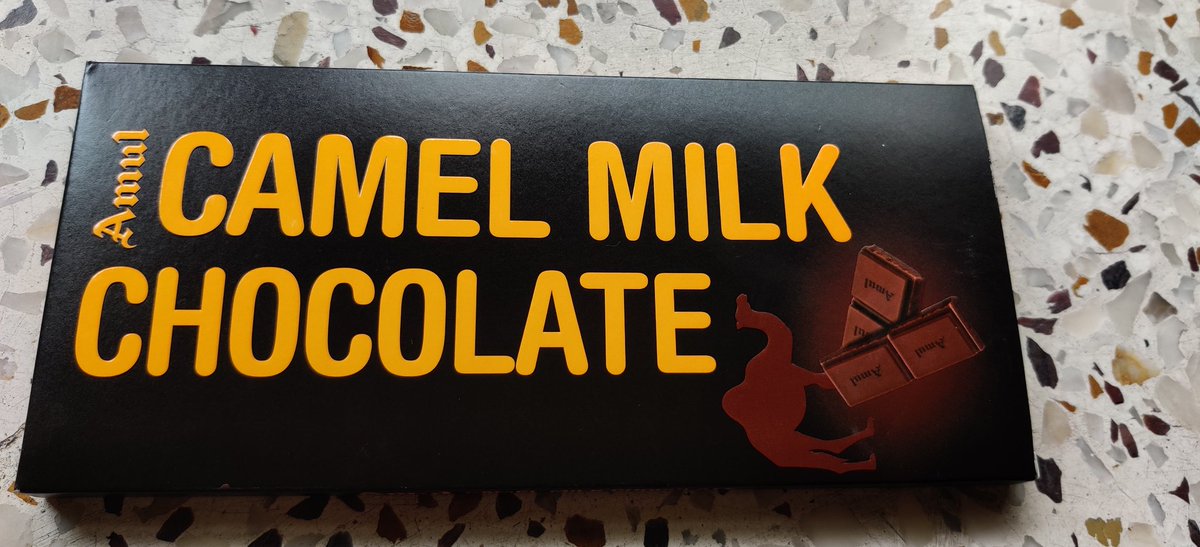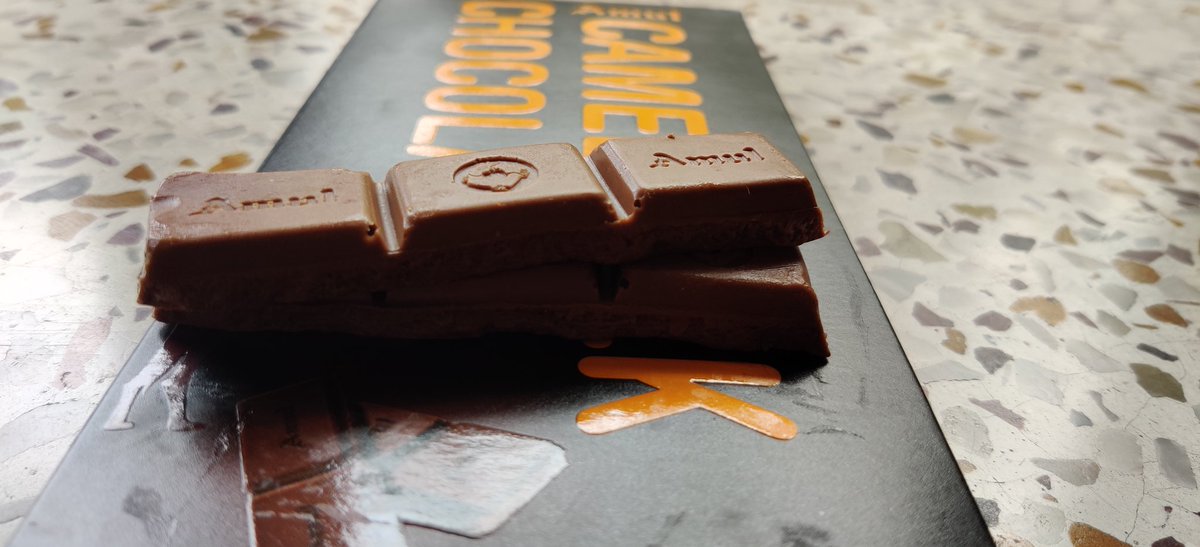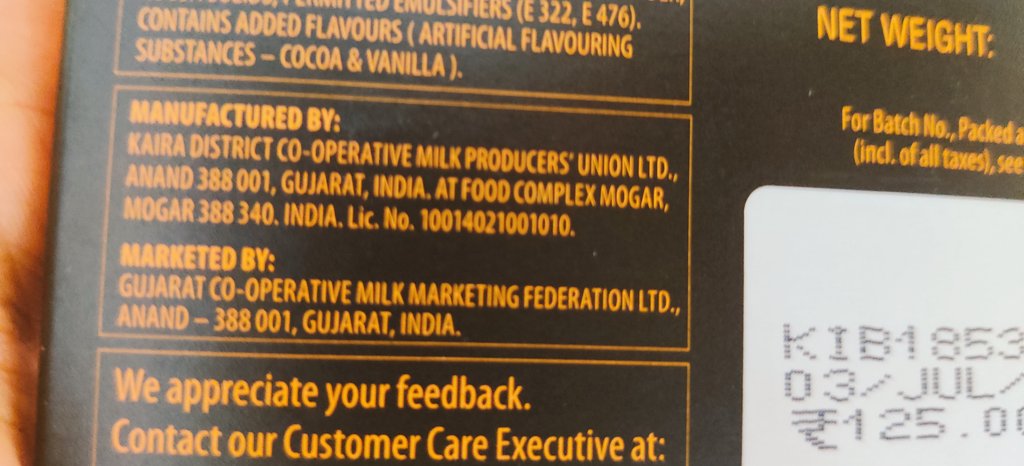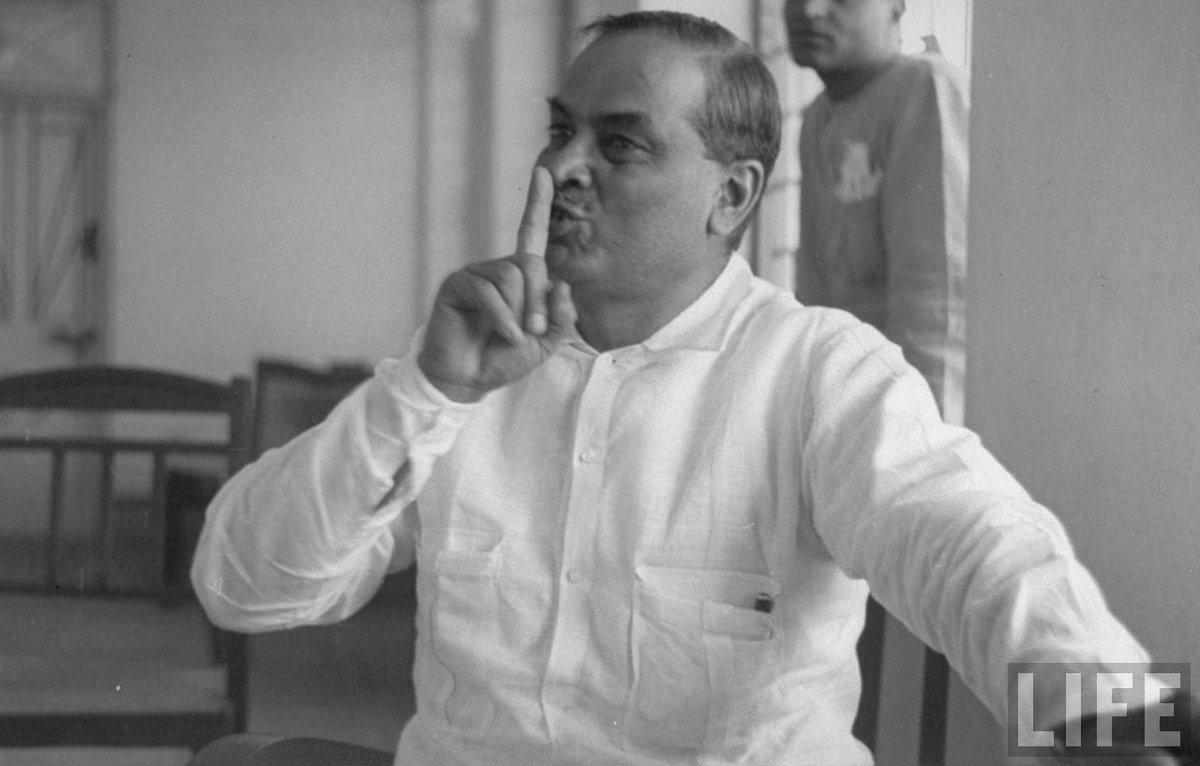
#Tanishq ad: In January 2006, a prequel to the violence that unfolded next year in Nandigram in 2007 and developments in Singur, 14 tribal persons and a policeman were killed in a firing to protest the takeover of tribal land by Rotten #Tata's company >>
timesofindia.indiatimes.com/city/bhubanesw…
timesofindia.indiatimes.com/city/bhubanesw…
This Amnesty report from a year after the firing notes that the fine, upstanding Tatas in collusion with the Odisha govt
a) grabbed land with poor compensation
b) provided no information
c) didn't invite them for consultation >>
amnesty.org/download/Docum…
a) grabbed land with poor compensation
b) provided no information
c) didn't invite them for consultation >>
amnesty.org/download/Docum…
The Times of India story written ten years after the massacre mentions that local residents had not really got jobs with the good, decent Tata plant despite assurances. >>
timesofindia.indiatimes.com/city/bhubanesw…
timesofindia.indiatimes.com/city/bhubanesw…
The #Tanishq ad does reflect India's secular values, and I hold no brief for those attacking the ad. But Tanishq is owned by Rotten Tata's companies, Tata is primarily responsible in getting us to this moment of zero tolerance for India's constitutional principle of secularism >>
Not only has he paid galactic sums of money to the BJP and PMCares fund, in recent years his companies have also been behind the most savage excesses against Indian citizens to grab their land, resources, even right to justice. I've been doing threads on this. Sharing below >>
How Tata lobbied to deny Bhopal citizens their right to justice in the 1984 Bhopal Gas Disaster >>
https://twitter.com/sohinichat/status/1317428138897514496?s=20
How Tata has consistently, systematically abused tea workers on their plantations using their outsize "good, honest, decent" employer image: excerpts from a Columbia university report >>
https://twitter.com/sohinichat/status/1316573515286536193?s=20
How #Tata has paid out oceanic sums of money to the BJP and PMCares
https://twitter.com/sohinichat/status/1315888651474272257?s=20
• • •
Missing some Tweet in this thread? You can try to
force a refresh






